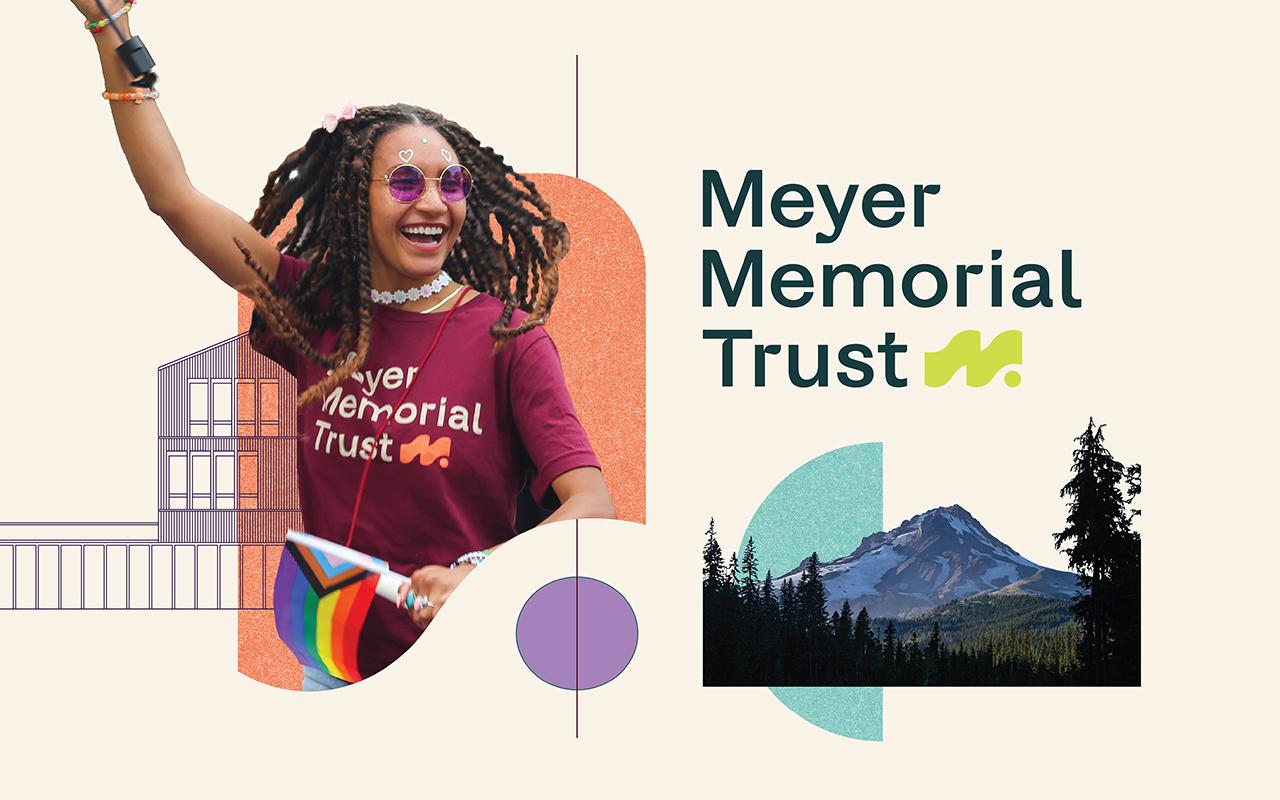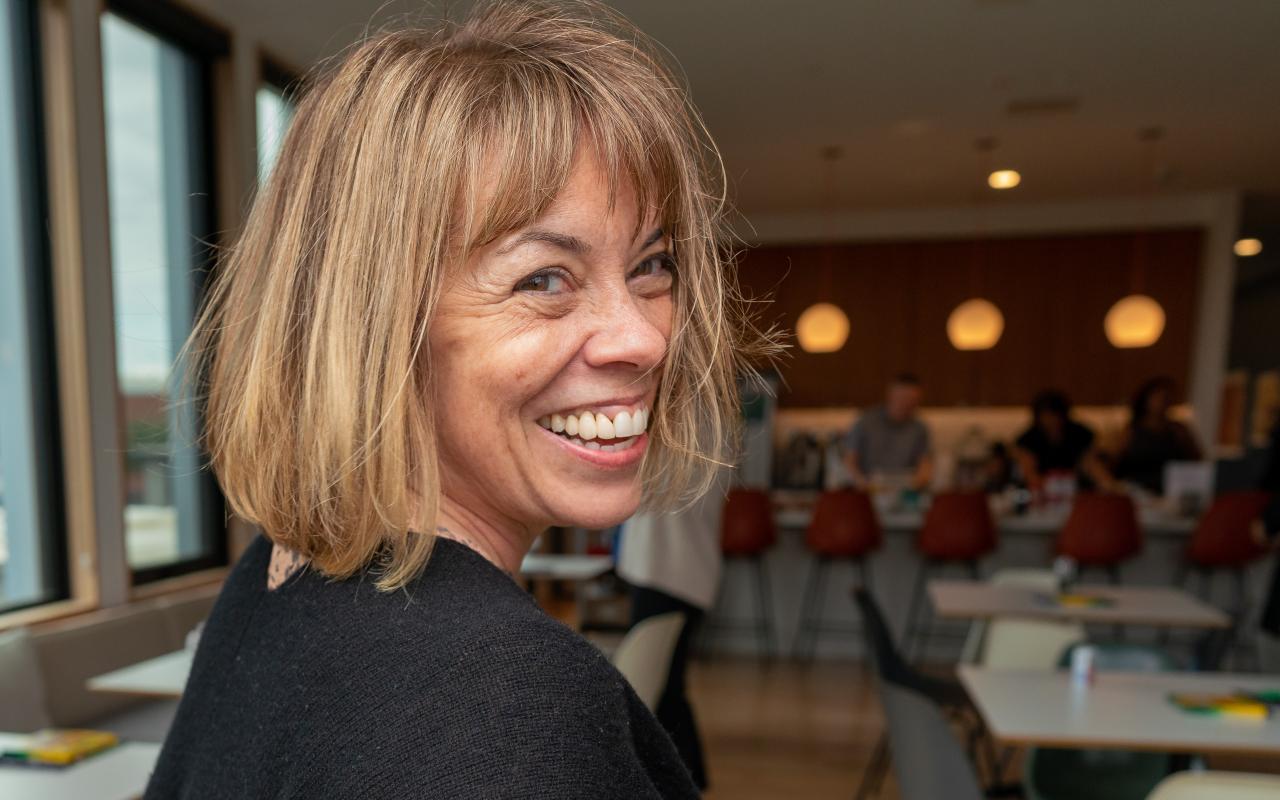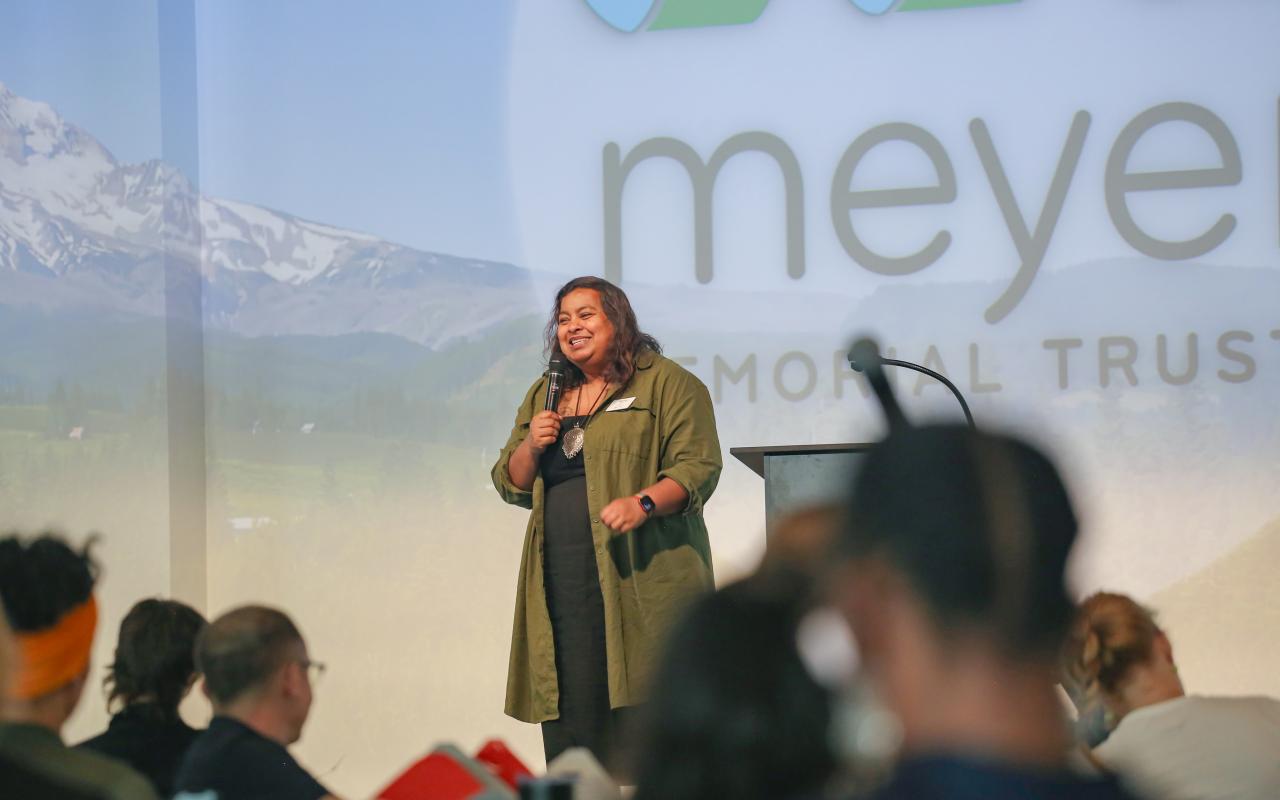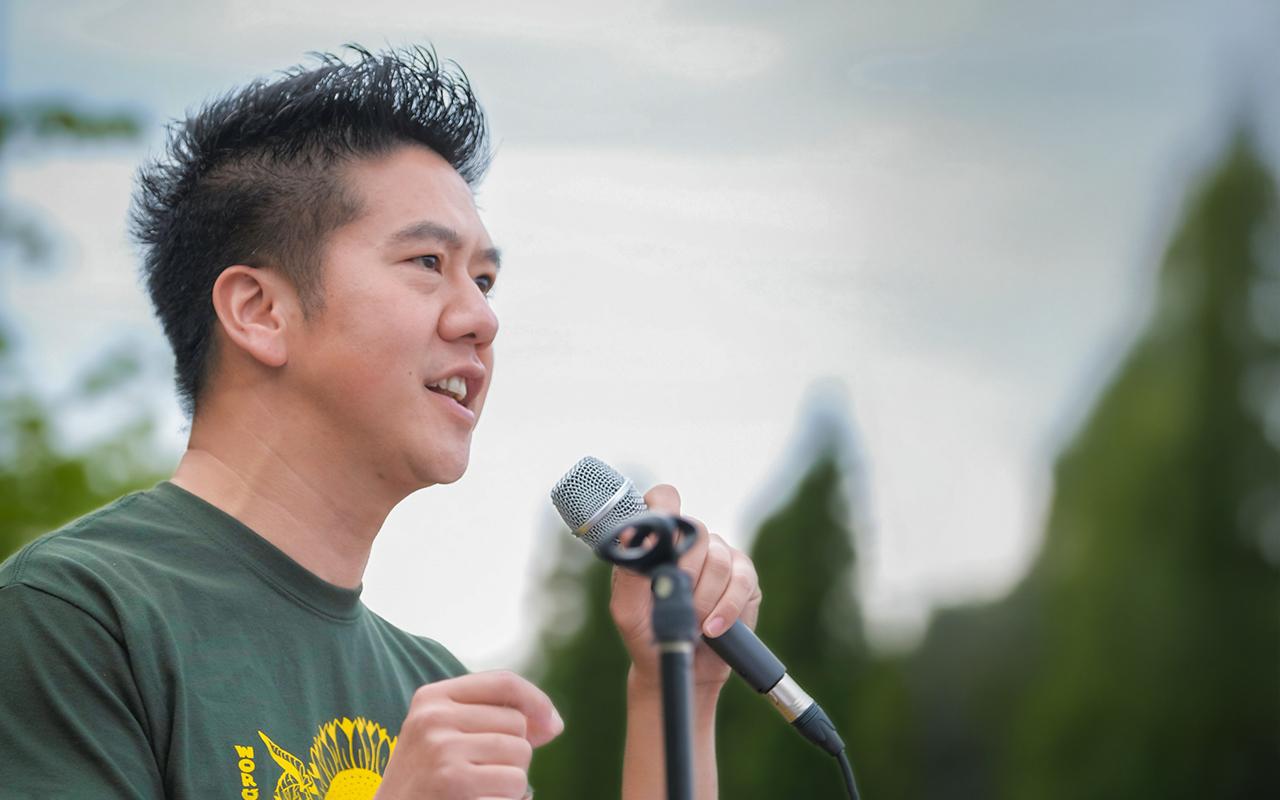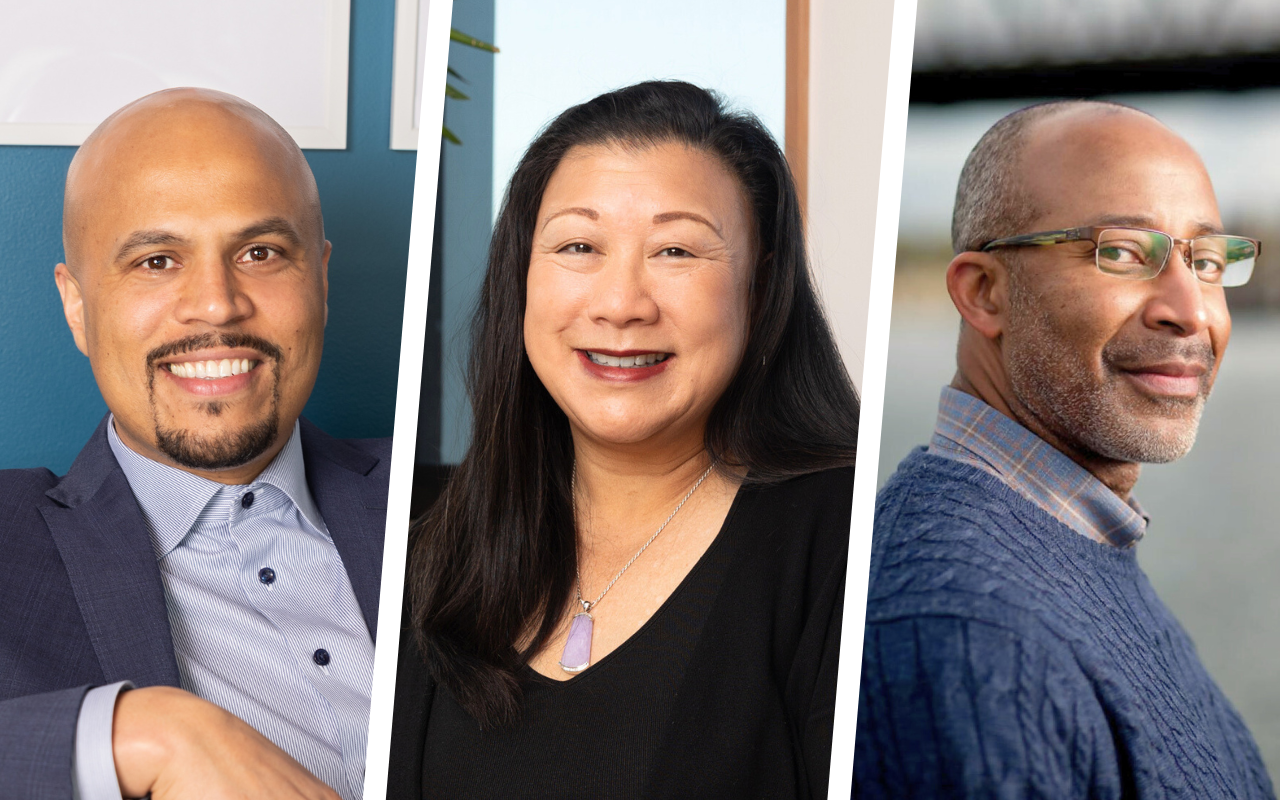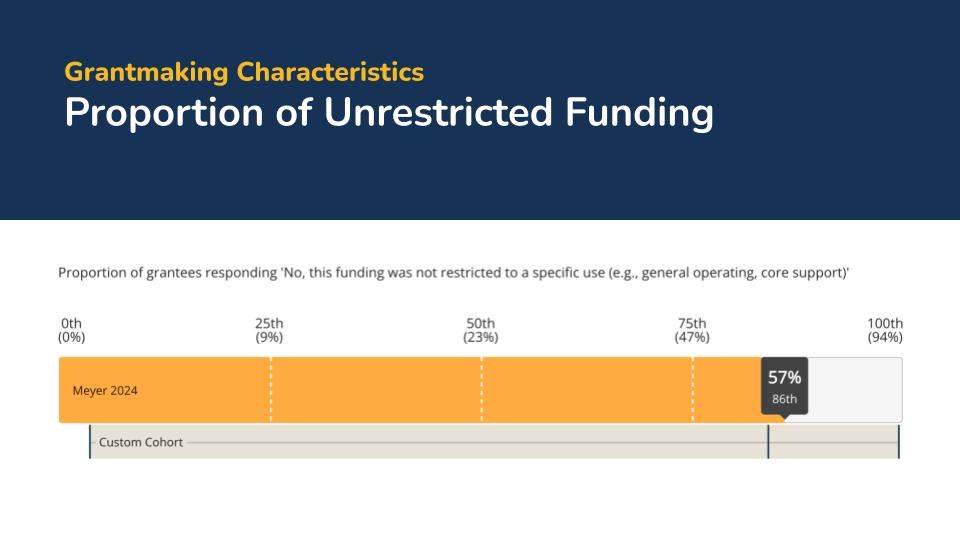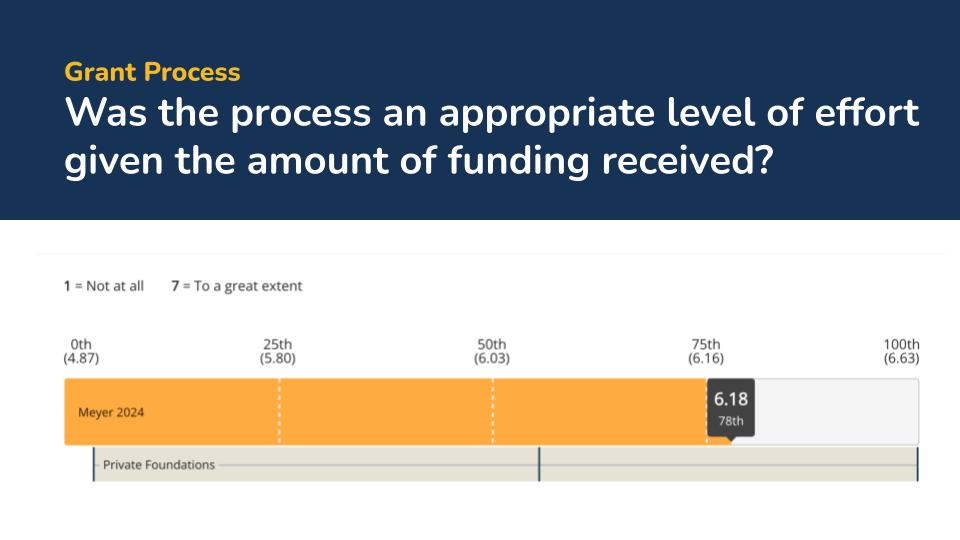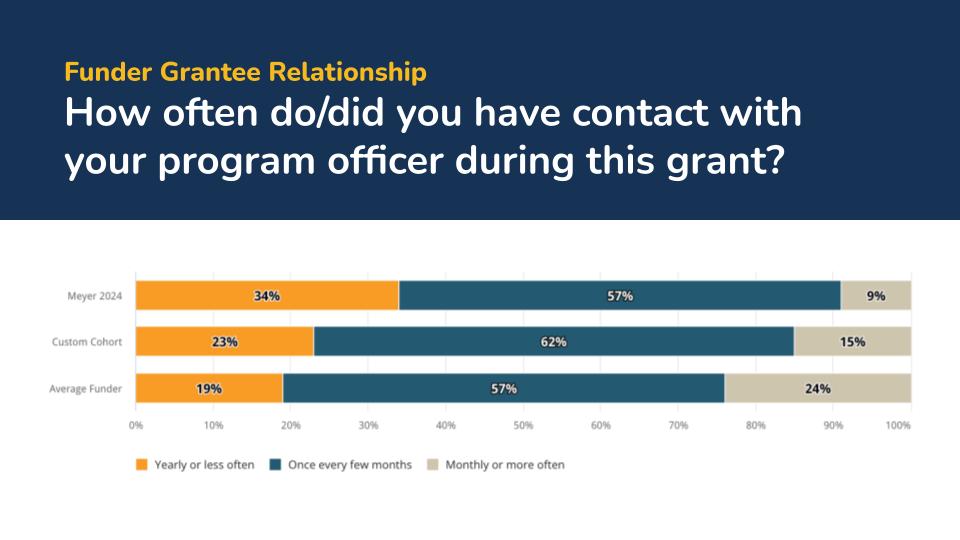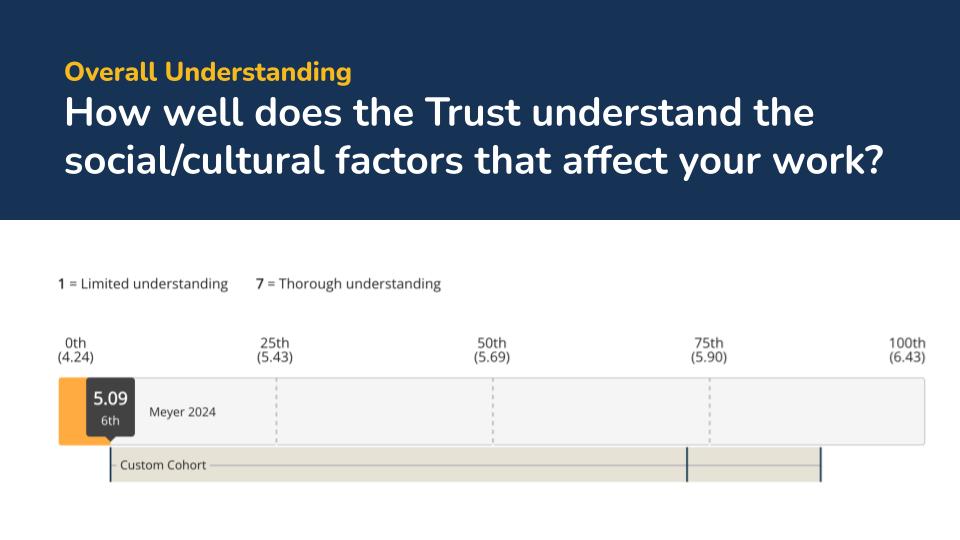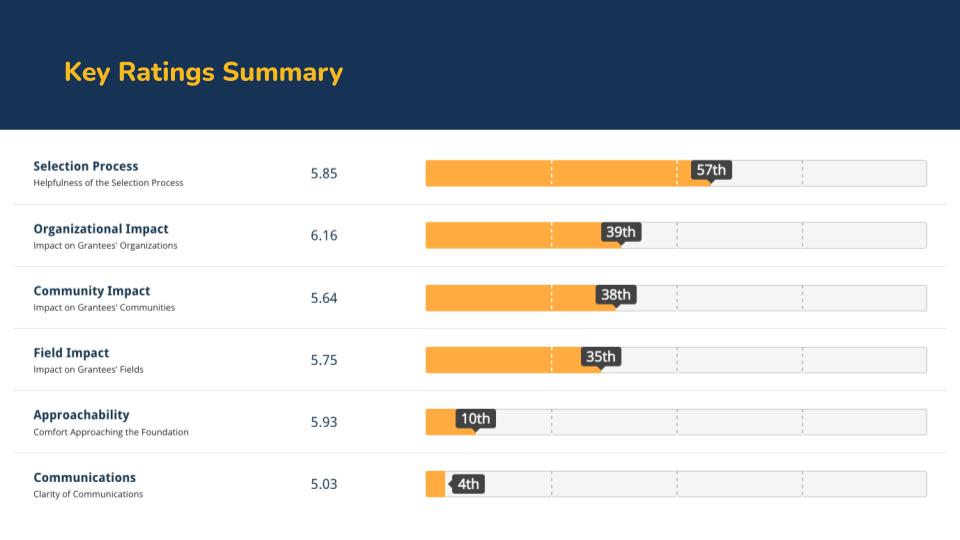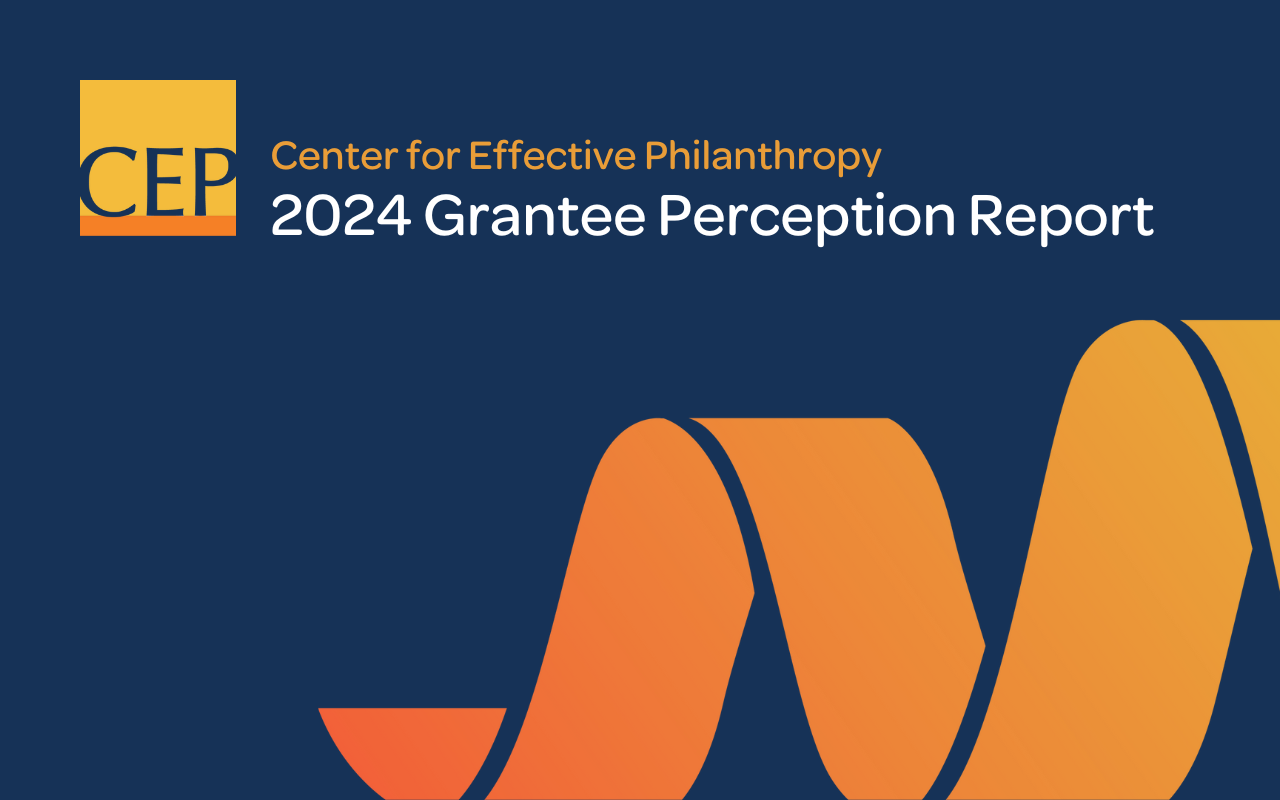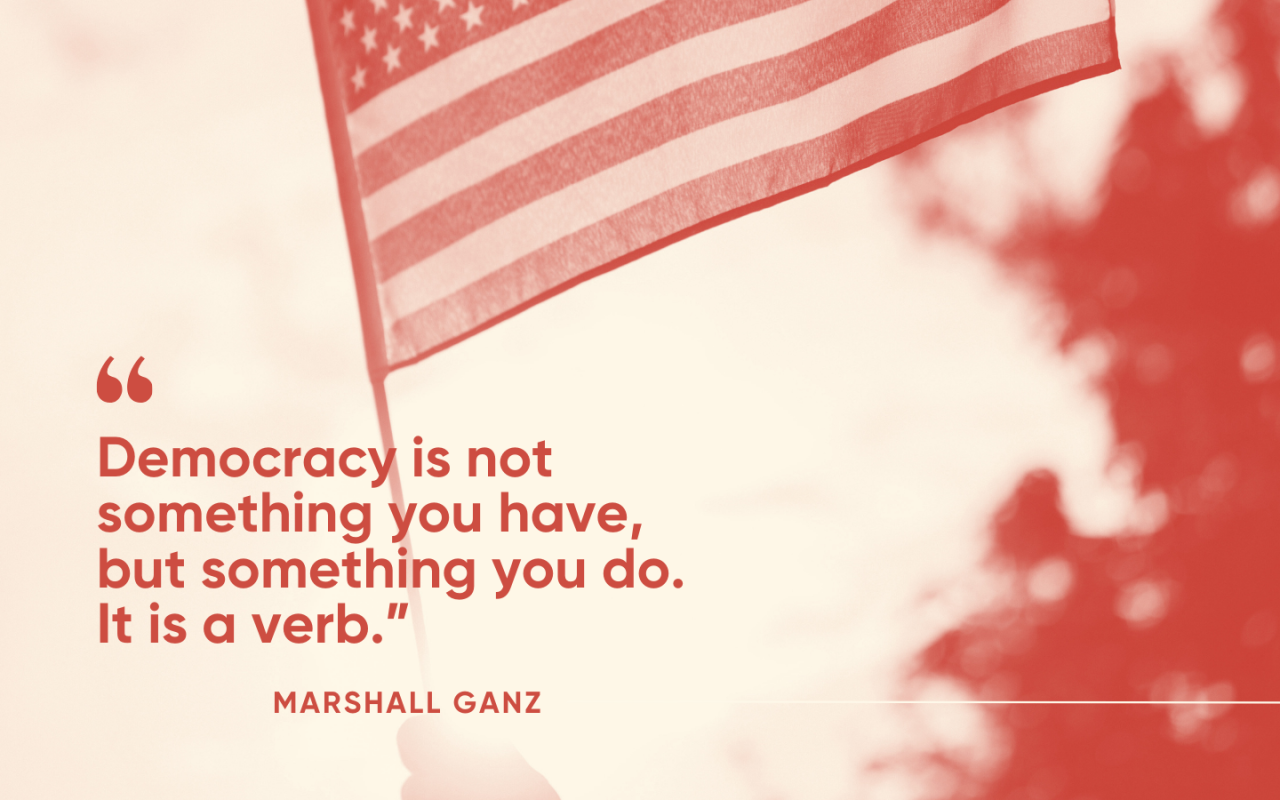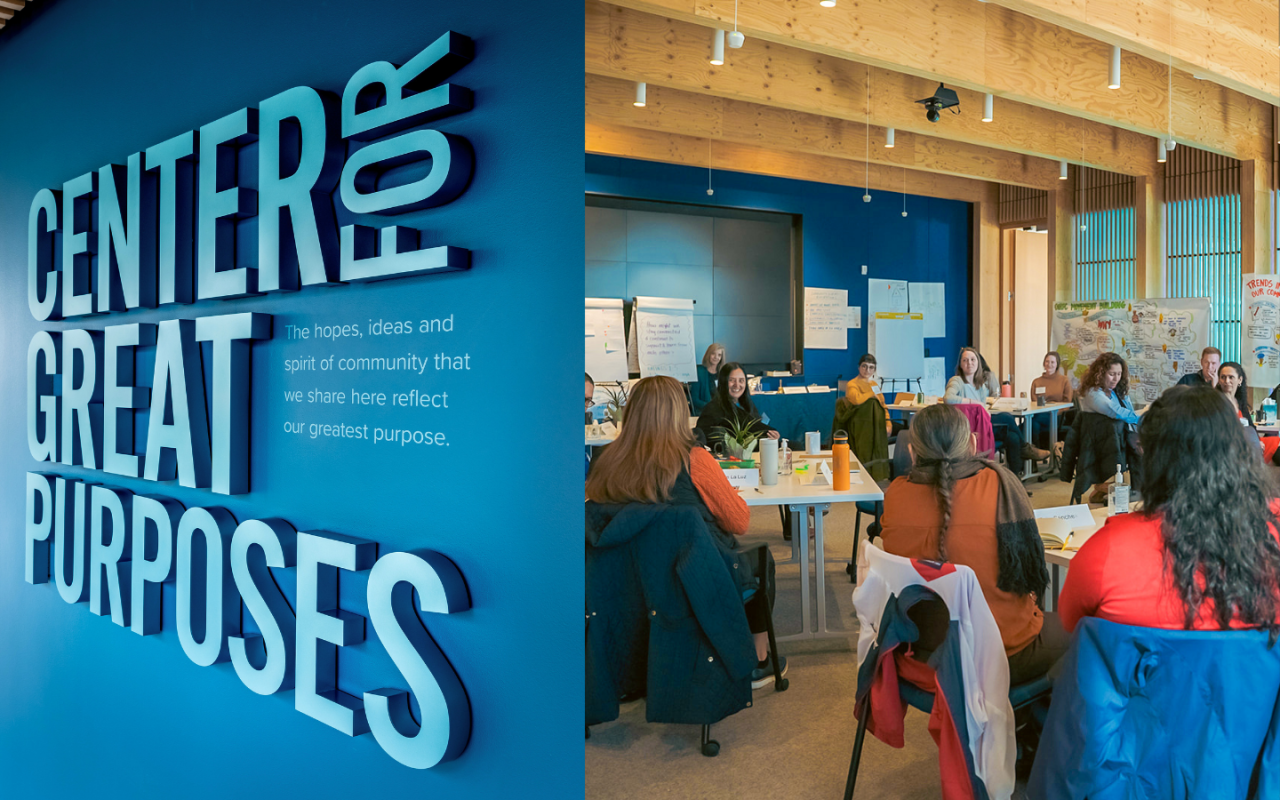Introducing Meyer’s New Brand
If you’ve been following Meyer Memorial Trust for a while, you know our look has been steady for nearly a decade. Our last rebrand began in 2015 and carried us through years of growth, change and challenge. That brand served us well, but Meyer — and the world around us — has evolved in significant ways since then.
Over the past few years, we’ve adopted a justice-centered mission, launched new funding portfolios and initiatives, and continued to push ourselves to be bolder, clearer and more accountable. We recognized it was time for our visual identity to reflect who we are today and how we aspire to show up for Oregon: vibrant, optimistic, forthright and unapologetically focused on justice.
A Collaborative Effort
Working with our longtime design partners at Smith & Connors (without whom this project would not have been possible), we engaged in months of listening and refinement. The process included strategy sessions with representatives from our staff and board, external interviews with grantees and peers, and multiple rounds of feedback with teams across the organization. We are grateful to all who shared their valuable time and perspectives, helping us to shape a brand that feels authentically "us" both inside and out.
From all that input, we distilled a set of goals for the new brand: to be clear and authentic, grounded and flexible, inclusive and unapologetic, and trustworthy and inspiring. These foundations informed all the creative work that followed.
The New Look
Our new brand mark takes inspiration from a banner or flag — a symbol of welcome, belonging and collective purpose. Doubled and paired with a circle (or a “period”), the design forms a stylized “M” for Meyer. To some, the new mark suggests water or momentum. To others, it looks like an eye toward the future. (If you don’t see any of these things, that’s ok!.) We pair the brandmark with a straightforward new wordmark that vertically stacks our name. We hope that the combined effect provides a sense of Meyer's stability and our enduring commitment to justice, as well as an inspiring invitation to join us in this work.
Our supporting brand system builds on that foundation. New typefaces add flexibility and freshness. A bold new color palette takes inspiration from Oregon's landscape and reflects the energy of the communities we serve. Photography, emphasizing real people, places and organizations in action, helps us tell a truer, more vibrant story of justice in Oregon. An evolving "collage" style gives us the room to visually communicate complex stories with the depth they deserve.
Coming Soon: A New Website
Throughout this process, we’ve reminded ourselves (and each other) that a brand is more than just logos and colors. It’s an expression of who we are and what we value. We think this new look better reflects who Meyer Memorial Trust is today, and we hope you’ll agree.
You’ll see the new brand roll out across our materials and a fully redesigned website this fall. Our new logo and accompanying guidelines for use are now available at www.mmt.org/using-our-logo. Should you have questions or feedback about our new look, please reach out to communications [at] mmt.org.
— Tyler
